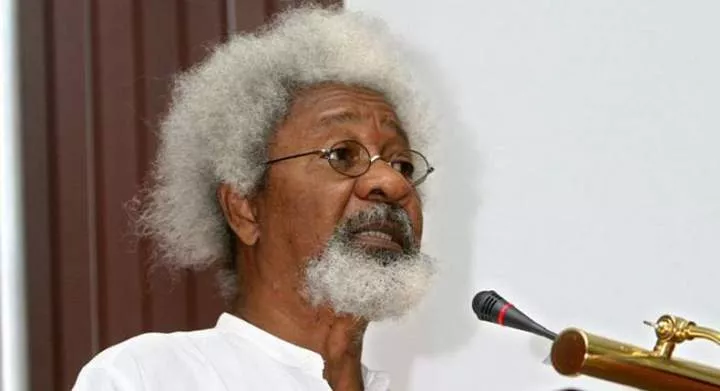
August 30 of every year marks the International Day for People of African Descent to celebrate the outstanding contributions Africans, within the continent and globally.
In recognition of International Day for People of African Descent, we will celebrate a few African legends who have left their legacy on our continent.
They forever changed the course of history through their dedication to freedom, justice, equality, and progress. These individuals are an embodiment of the strength, resilience, and potential that resides within the African continent and its diaspora.
The list is expansive, but we will focus on seven visionary Africans who forever changed the course of history and left a lasting impact on our world.
Africans who changed course of history
1. Wole Soyinka
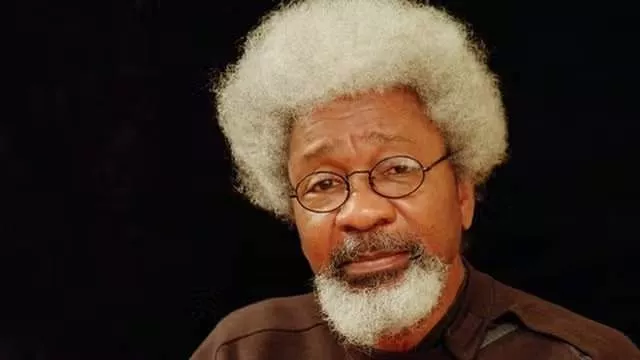
Wole Soyinka, a Nigerian playwright, poet, and essayist, harnessed the power of literature to confront social and political injustices. His works, Death and the King's Horseman and his numerous poetry collections, address themes of tyranny, freedom, and human dignity.
He is notable for being the first sub-Saharan African to win the Nobel Prize for Literature, awarded in 1986. Soyinka's activism against authoritarian regimes, including his opposition to Nigeria's military dictatorships, by means of artistic expression is noteworthy.
2. Wangari Maathai
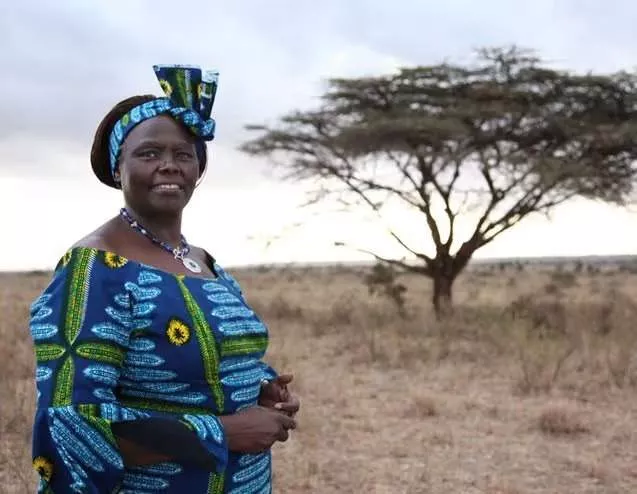
Wangari Maathai was a Kenyan environmentalist, who brought global attention to the connection between environmental sustainability, women's empowerment, and social progress. She founded the Green Belt Movement, an initiative that focused on tree-planting to combat deforestation and soil erosion while also empowering local women economically.
Maathai was awarded the Nobel Peace Prize in 2004, becoming the first African woman to receive this prestigious honour.
3. Nelson Mandela
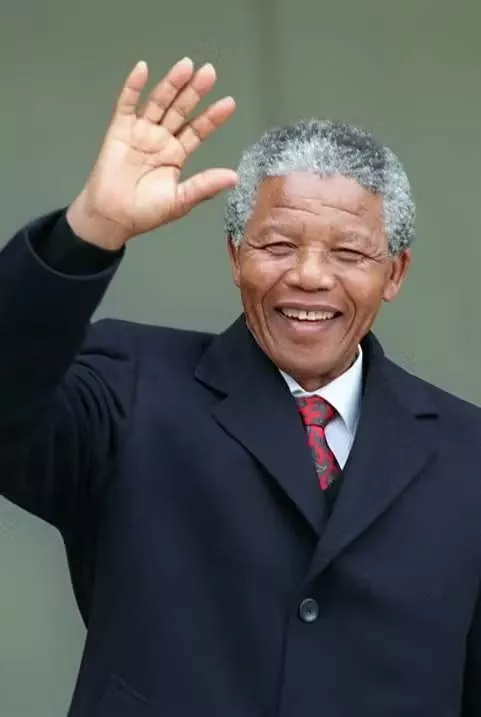
Nelson Mandela, often referred to as Madiba, is an icon of dignity and freedom. Born in South Africa in 1918, he dedicated his life to fighting against racial oppression and apartheid.
After 27 years of imprisonment, he paved the way for a peaceful transition from apartheid to democracy in South Africa and was elected the nation's first black president. Mandela's fight for the rights of his people has left a legacy that lives on.
4. Kwame Nkrumah
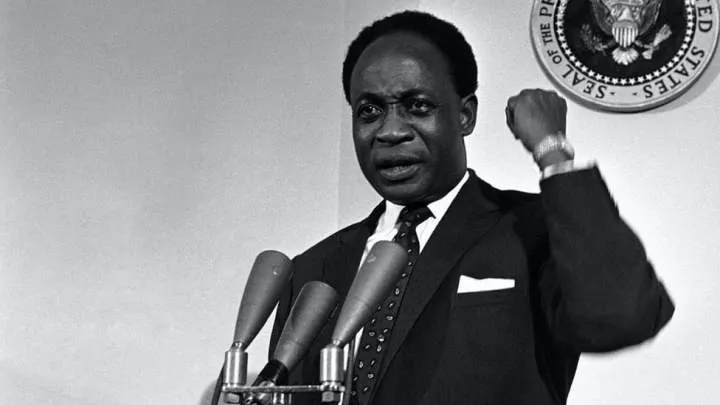
Kwame Nkrumah, the visionary leader of Ghana, advocated for African unity and decolonisation during the mid-20th century. He played a significant role in Ghana's independence from British rule in 1957, becoming the country's first prime minister and subsequently its president.
Nkrumah's Pan-African ideology worked to promote cooperation among African nations, ultimately leading to the establishment of the Organisation of African Unity (OAU). His legacy is built on self-determination and the pursuit of unity for Africa's advancement.
5. Haile Selassie
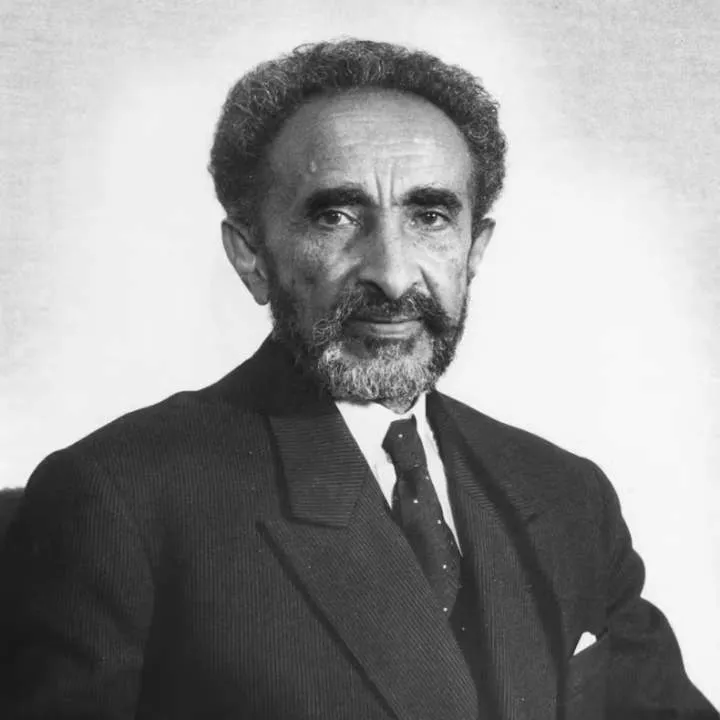
Haile Selassie was the Emperor of Ethiopia who led his countrymen during times of adversity. His efforts to protect Ethiopia from Italian colonisation gained him global recognition as a champion of African sovereignty.
Selassie gave an eloquent speech before the League of Nations in 1936, highlighting the importance of collective security and the consequences of unchecked aggression.
Ethiopia may have faced temporary occupation, but Selassie's strength and resilience paved the way for the country's liberation and empowered the spirit of anti-colonial resistance across the continent.
6. Ellen Johnson Sirleaf
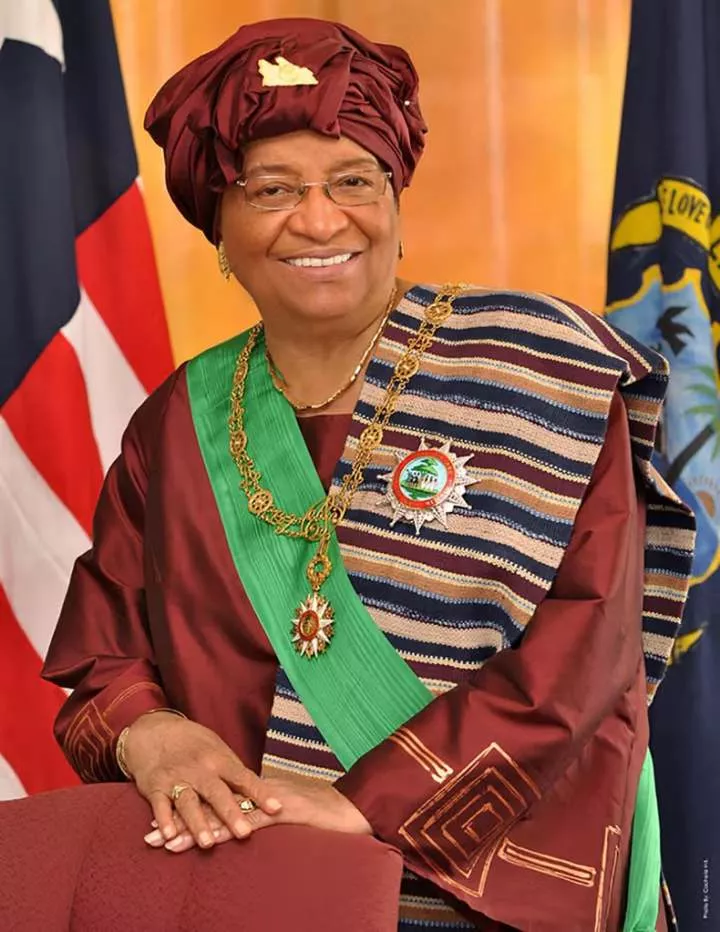
Ellen Johnson Sirleaf was the first female elected head of state in Africa who served as the President of Liberia from 2006 to 2018. She pushed the country through post-war recovery and worked to rebuild its institutions. Her leadership was one of transparency, good governance, and economic revitalisation.
Johnson Sirleaf's presidency shows the potential of women's leadership in advancing national development and stability.
7. Steve Biko
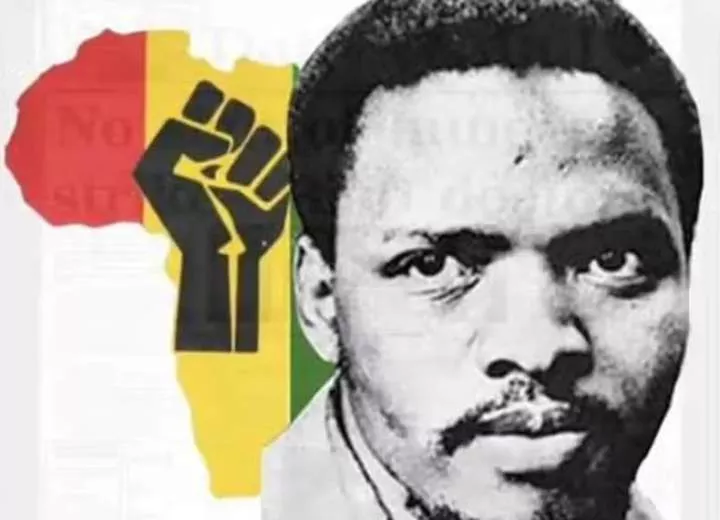
Steve Biko, a South African anti-apartheid activist and leader of the Black Consciousness Movement, played a major role in empowering black South Africans and challenging the oppressive apartheid regime. He believed that true liberation could only be achieved by freeing the minds of black people from the psychological chains of racial inferiority.
Biko co-founded the South African Students' Organisation (SASO) in 1968, which aimed to awaken black students to their cultural heritage and the injustices they faced. His fight for the promotion of black identity, cultural awareness, and self-reliance laid the groundwork for a broader movement that inspired millions to resist apartheid.

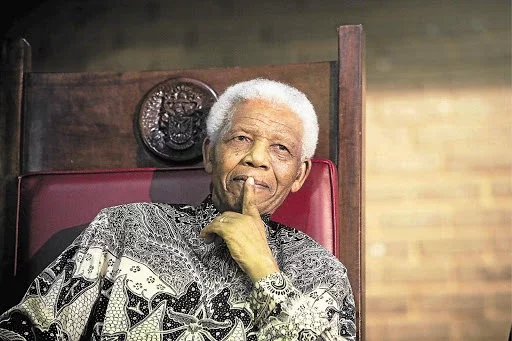
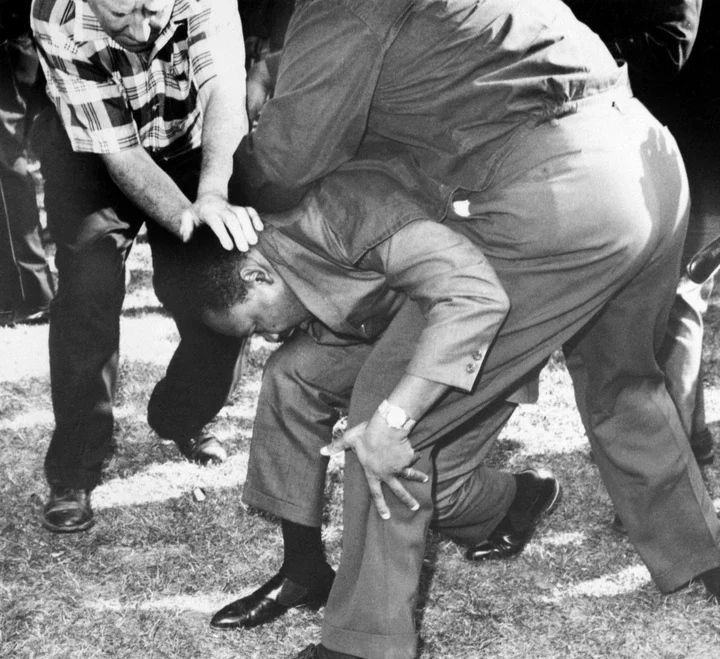
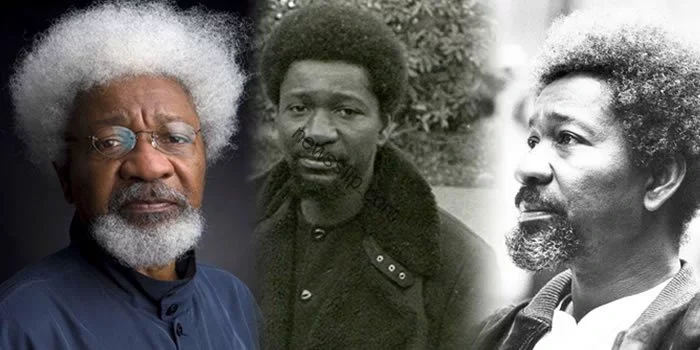
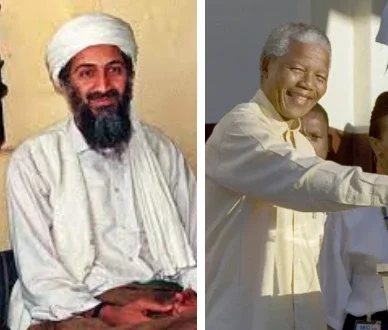
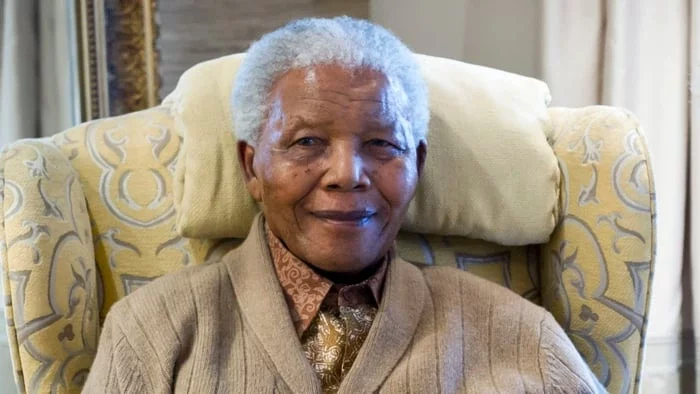
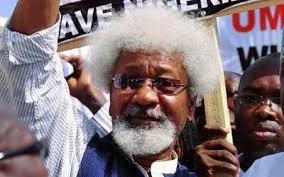










Comments